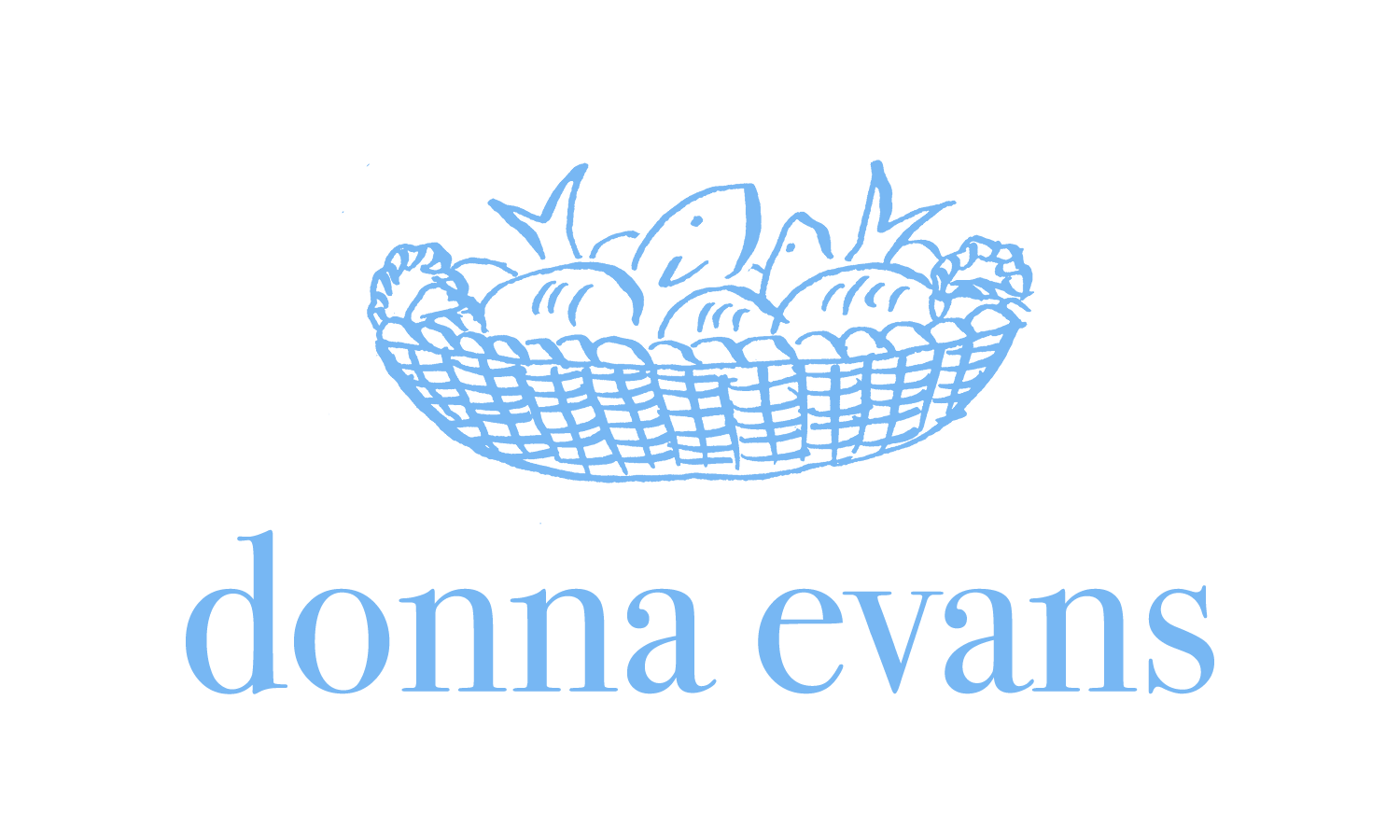Seasons and Celebrations
"There is a time for everything...
a time to be born and a time to die”
Ecclesiastes 3:1a, 2 (NIV)
Indeed, there is a time for everything. The cold, gray days of winter and our acute grief following James Bruce’s sudden death have given way to the warmer and longer days of late spring and early summer. I recently read a grief article written by author Tim Challies and found myself so identifying with his emotions. Challies wrote, “The unbearably sharp pain of those earliest days and months has over time given way to something that is perhaps closer to a dull ache.”
Bruce and I still miss James Bruce of course. Our daily prayers for our family always include gratitude to God for giving us the rich blessing of his life. We also continue to pray that God will help us “gather our broken pieces” (John 6:12) for God’s glory and others’ good.
God, in His grace and mercy, did that several times this week as I had several coffee cup conversations with different individuals: my sister Jan who is also still grieving her nephew’s death; a special needs Dad with a young son who is on the autism spectrum; a godly single woman who earnestly desires marriage and children; and a young millennial mom who recently suffered a miscarriage with her first pregnancy. Though each conversation was very different regarding circumstances, I was able to affirm God’s faithfulness, sovereignty, and goodness in both life and death.
Spring is my favorite season because of its beauty and bounty. It also always points me to the resurrection and life beyond the grave. My Mama loved spring with the new life it brings. Mama would often say, “Anyone who doesn’t believe in the resurrection hasn’t really considered Spring and how there can be so much life out of things that seemed so dead just a few weeks ago.” My beautiful hydrangea blooms bring me so much joy and constantly remind me of God’s faithfulness and our call to be fruitful for His glory. (John 15:8)
King Solomon didn’t end his Ecclesiastes thoughts with “a time to be born and a time to die.” He also wrote “...a time to weep and a time to laugh, a time to mourn and a time to dance.” Beyond the changing seasons, our family has had several recent celebrations.
Daniel’s wife Olivia recently completed her PhD at Cornell University. Olivia and Daniel are also celebrating Olivia’s new teaching job at Samford University; their summer move to Birmingham; and purchasing their first home which is only 5 minutes from our house. Daniel hasn’t lived in Birmingham since 2006 and it will be wonderful to have them close after stints in Texas, Washington, and New York!
Julia, our ten-year old granddaughter, recently completed her communicant’s class, made a public profession of her faith in Jesus Christ, joined our church, and experienced her first communion.
Caroline (8) and Julia successfully completed second and fourth grades respectively with in-person classroom instruction and no mask mandates. After two years of Covid pandemic and masks, a return to “normal” is something to celebrate! Our family enjoyed a birthday celebration; successful dance and piano recitals; and hosted hospitality events for young couples who are getting married or becoming parents. Each milestone is worthy of celebration.
Tim Challies’ recent grief reflections have helped me sort through my own emotions as I navigate the intertwined paths of both grief and joy. Commenting on his daughter’s recent wedding, Challies writes:
But whether in graduation ceremonies or wedding celebrations, we intend to rejoice rather than weep, to celebrate rather than lament, to look forward rather than back. We believe that God calls us to enjoy his good gifts, even when our hearts have been broken. And we can do this, for one of the paradoxes of life in this world is that in our deepest sorrows we are never without joy and in our highest joys we are never without sorrows. We learn that there are times to rejoice with those who rejoice and times to weep with those who weep—and that we have no right to demand that the rejoicing weep or that the weeping rejoice.
A paradox occurs when we are forced to uphold two truths “logically at variance with one another.” Jen Pollock Michel describes a paradox as “the promise of AND in an either-or world.”
Bruce and I continue to experience the paradox that Tim Challies describes so well: “in our deepest sorrows we are never without joy and in our highest joys we are never without sorrows.”
King Solomon, the wisest man who ever lived, understood that God causes all things to happen in their seasons according to His purpose and His timetable. Solomon closes his reflections on God's seasons and our times with these words, "He has made everything beautiful in its time. He has also set eternity in the hearts of men." Ecclesiastes 3:11 (NIV)
And so we give thanks to God for seasons and celebrations; joys and sorrows; longing for heaven while living on earth. Jesus said, “Where your treasure is, there will be your heart also” (Matthew 6:21). One of our treasures is now safely home in heaven. And that is a cause for both grief AND celebration.









